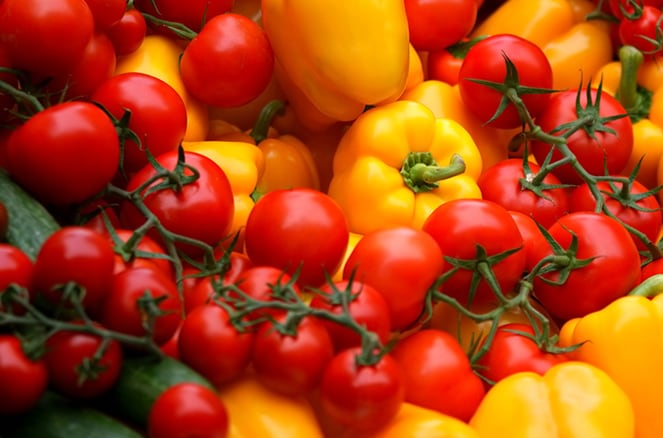According to one recent study conducted by the CDC, approximately 48 million people get sick from Foodborne illnesses in the United States alone every single year. Of that number, about 128,000 of them will become so severely ill that they’ll need to go to the hospital. Of those, roughly 3,000 will unfortunately pass away.
Even though food sanitation and safety concepts and best practices have come a long way over the years, we still need to be proactive about what we put into our bodies. Case in point: fruits and vegetables. Thankfully, antimicrobial fruit and vegetable wash solutions are readily available – but not all options are created equally. If you truly want to make sure you’re getting something that will protect your customers, your reputation, and everything you’ve worked so hard to build from potential harm, there are a few important things to keep in mind.
Breaking Down Antimicrobial Fruit and Vegetable Washes
By far, the number one thing that you want to examine before choosing an antimicrobial solution is what, exactly, it is helping to guard against. The definition of “antimicrobial” isn’t nearly as precise as some might assume, and you can offer protection against one type of pathogen or bacteria and not another.
At a bare minimum, you should look for products that guard against E.coli O157:H7 and other STECS, Salmonella enterica, and Listeria monocytogenes.
Always look at the label of any product to see exactly what pathogens it is concerned with. While you’re at it, look for the efficacy as well.
So if something says that it offers protection against E.coli but only has a 75% efficacy, this means that it only kills E.coli 75% of the time. For maximum effectiveness, you want to find products with kill rates in the 99.999% range.
You’ll also want to make sure that any antimicrobial products you’re thinking of investing in are formally recognized by the appropriate entities. If a product claims to kill E.coli with a 99.9999% efficacy rate, but it has not been approved by the Food and Drug Administration or the Environmental Protection Agency, that claim really doesn’t mean as much as it appears.
Finally, you’ll always want to make sure that any antimicrobial products you’re examining are as easy as possible for your own employees to use. They shouldn’t necessarily require PPE (personal protective equipment), for example. The more complicated they are to use, the less likely people are to use them properly – if they end up using them at all. It should be something simple that can be applied in moments so that your employees can go about their day and your customers don’t have anything to worry about.
If you’d like to find out more information about what you should be paying attention to when choosing sanitation solutions for produce, or if you have any additional questions about topics like a floral preservative you’d like to go over with someone in a bit more detail, please don’t hesitate to contact the team at Chemstar Maintenance today.


